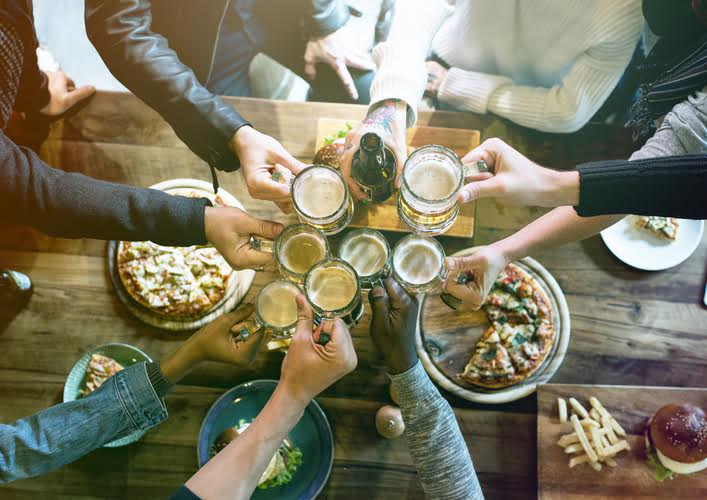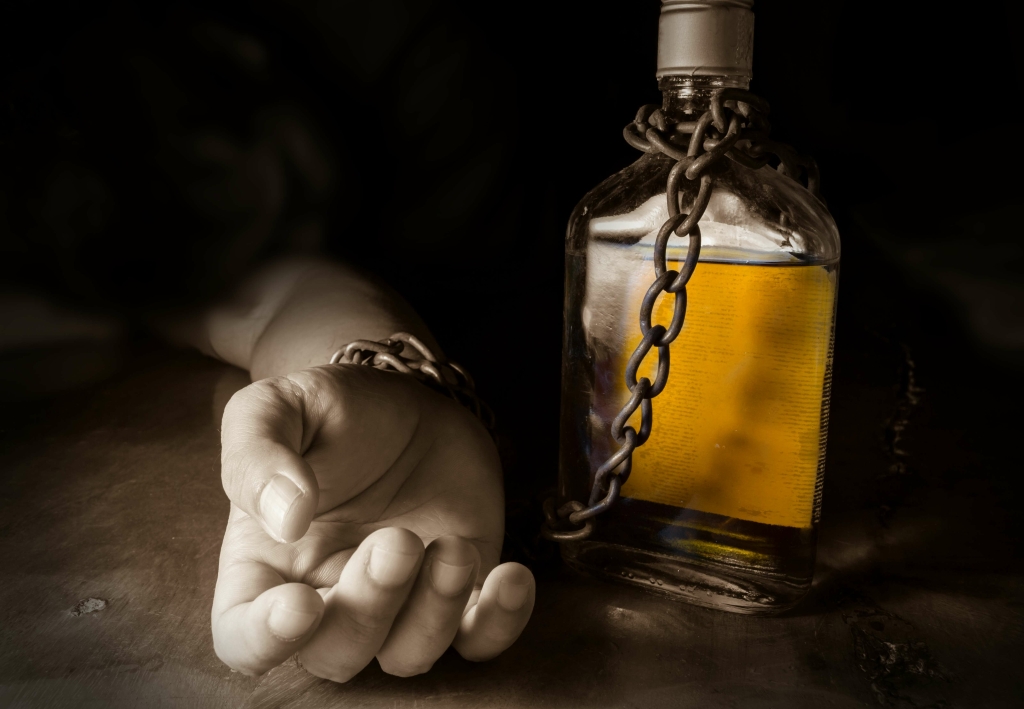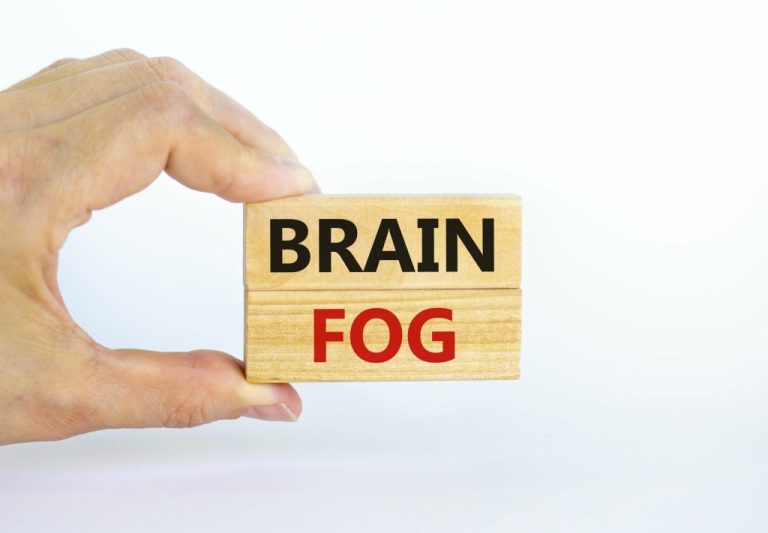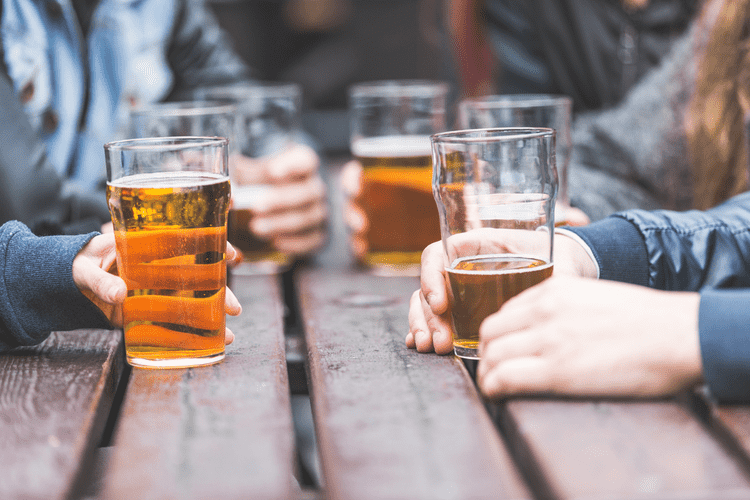Addiction does not occur in isolation; it affects every aspect of an individual’s life, and that includes their key relationships (and peripheral ones). The strain that addiction places on connections with family, friends, and partners can be immense, often leading to feelings of betrayal, hurt, and frustration on all sides. Recognising the impact of addiction is the first step in the process of healing and rebuilding these relationships. As individuals progress through their journey of addiction and recovery, they often experience shifts in their relationships, with existing dynamics evolving and new connections forming. Embracing these transformations is essential in fostering healthy interactions and personal growth.

Missing Connection
That being said, your most important priority needs to be protecting your recovery. This means taking care to not http://peacekeeper.ru/en/news/32630 put yourself in situations where your recovery is likely to be at risk. For anyone who has just completed a treatment program for addiction, they understand that the early stages of recovery are the most fragile and precious. It can’t really be anything other than ASSIP that, well, it made me process the suicide attempt, or it made me- it didn’t force me to do anything but got me do it and that means it really hit the spot.
Building a Supportive Community

Thus, we present our results as a two-by-two matrix of recovery-related agency and relational context. The four categories in the matrix are labeled sustained agency, strained agency, contained non-agency and uncontained non-agency (see Table 3). Participants’ accounts varied in the relative frequency of agentic and non-agentic expressions, but each account included examples of both.

This May, Cigna released findings from their national survey that was meant to help us better understand loneliness in the United States. According to the survey, nearly half of all Americans report sometimes or always feeling alone (46%) or left out (47%), with one in four Americans (27%) rarely or never feeling as though there are people who really understand them. Loneliness impacts how we work, make friends, talk, eat, use technology, and even how we experience addiction. With loneliness and addiction on the rise, we are beginning to understand how the two interact – and what it could mean for the recovery of these millions of people. On the journey to recovery from addiction, loneliness can itself be a glaring risk factor for relapse and an overwhelming obstacle to achieving sobriety in the first place. Adding the stress of focusing on relationships could feel overwhelming, but it also provides an important opportunity to practice distress tolerance, emotion regulation, and coping skills.
Taking Charge of Your Cocaine Addiction Journey
- For the person living with SUD who feels rejected, Green notes that this isolation can make it more challenging to receive the emotional support needed during recovery.
- The second is power, i.e., an agent must have the (potential) power to affect other entities, although this potential may not be realized in all (or any) of the ways intended, e.g 25, 26.
- Similar undertones of disillusionment and emerging hopelessness were typical in cases of strained agency.
- Once we had identified all such excerpts, we proceeded to sort them into two categories based on our operationalization of recovery-related agency.
- Let’s explore the role of empathy in relationships and strategies for developing empathetic skills.
You’ll never improve your self-esteem if you try to live life and find acceptance as a projected mask of yourself. Pretending to be someone you’re not will fail to affirm your uniqueness and potential and will only make you sadder about your circumstance. You can’t decide to change your outlook drastically today and expect extreme results in the morning. By taking it slowly and performing well during each turn, you gradually build a solid base of achievements that will boost your self-esteem more effectively.
- When you have strong relationships with other people, it helps facilitate your personal growth.
- It can lead to dependence through repetitive cognitive, behavioral, and physiological symptoms.
- Repairing relationships is a critical part of 12-step programs and one of the four supporting pillars of recovery, according to the Substance Abuse and Mental Health Services Administration (SAMHSA).
- Rebuilding trust during recovery is a gradual and continual process that requires dedication, honesty, and sincere efforts to mend fractured relationships.
- Establishing healthy boundaries that prioritize your recovery while respecting others is critical.
Recovery is a profound personal journey that significantly affects relationships. By taking steps to mend broken bonds, make new connections, and maintain healthy relationships, you pave the way for a fulfilling and sober life. In the SDT, autonomy is defined as voluntariness, self-endorsement and congruence with one’s authentic interests and values 10.

- Healthy relationships include effective communication and being able to enjoy each other’s company through shared interests and activities.
- Navigating the changes in relationships that occur during the recovery journey requires a willingness to adapt, communicate effectively, and embrace the potential for personal transformation.
- One family member describes it to me as being on a roller coaster; they would see progress get their hopes up high only to see them slide downhill into oblivion.
- Boundaries help manage expectations and ensure that your needs and the needs of your loved ones are met.
- Both participants reported this as an episode in which they had felt unsafe and lacking both the stable intentions and power needed to guide themselves towards recovery.
Being able to immerse yourself in a worthwhile activity creates a feeling of capability and opens new growth opportunities. Make sure that these are things you want to do and attain, and not things your parents, family, friends, and colleagues insist you ‘should’ have. You can only claim your goals as your own if you recognize them as things you truly, genuinely want in your life. If you don’t want to meet face-to-face or call, try writing a letter or an email to initiate contact.
- As individuals progress through their journey of addiction and recovery, they often experience shifts in their relationships, with existing dynamics evolving and new connections forming.
- Support groups such as Alcoholics Anonymous (AA) or Narcotics Anonymous (NA) can be invaluable for meeting others and making relationships in early recovery.
- The Recovery Village aims to improve the quality of life for people struggling with substance use or mental health disorder with fact-based content about the nature of behavioral health conditions, treatment options and their related outcomes.
- It also encompasses rebuilding and nurturing relationships affected by the tumultuous nature of addiction.
- Discover effective strategies to address alcohol detox and dual diagnosis with integrated care and therapeutic approaches.
Moreover, underlying issues that have caused strain must be addressed. Seeking therapy or counseling to work through personal struggles, such as unresolved trauma, https://magazin-bezhimii.ru/catalog/bioprodukty/ledency-i-napitki/karamel-ledencovaya-healthberry-ecodrops-brain-activity-30-sht is essential. Whether you believe in a higher power or not, exploring spirituality can be a powerful tool in your addiction recovery. Some people get solace from religion, some from nature, or creative outlets. Exploring spirituality helps people find what resonates with them in their recovery journey.
Conversely, existing relationships built on a foundation of mutual support and understanding may strengthen as both http://patraoneves.eu/InspirationalQuotes/10-inspirational-quotes parties adapt to the individual’s recovery journey. Effective communication is a cornerstone of building healthy relationships in recovery. It serves as a vital tool for managing conflicts, expressing needs, and fostering connection between individuals navigating the recovery journey.

Leave A Comment